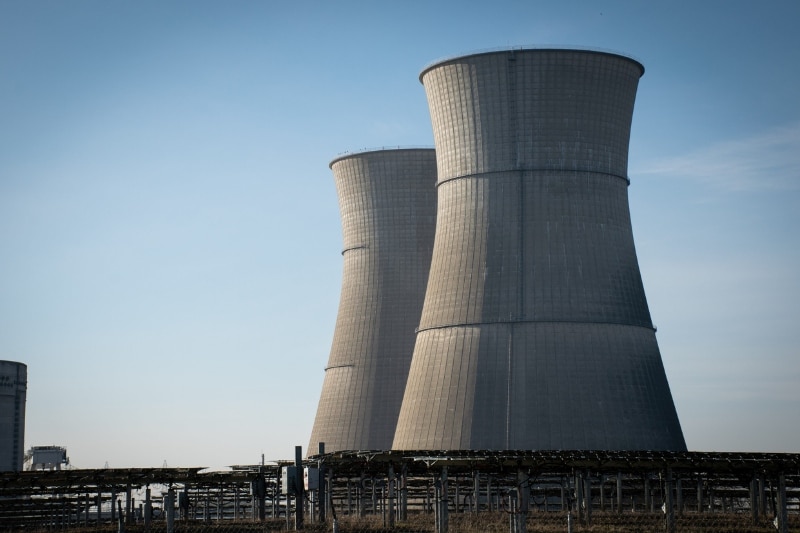The United States and Indonesia have signed a strategic agreement to assist the Southeast Asian country develop its nuclear energy program by deploying small modular reactor (SMR) technology. The agreement furthers the aims of the Just Energy Transition Partnership (JETP) and will reinforce Indonesia’s leadership in the ASEAN region in deploying nuclear energy technologies with the goal to reach net-zero emissions in Indonesia by 2060.
As part of the agreement, the US Trade and Development Agency (USTDA) has given PLN Indonesia Power a grant to study the technical and economic viability of a planned nuclear power project in West Borneo. This will include a site selection strategy, power plant, interconnection system design, preliminary environmental and social effect assessment, risk assessment, cost estimate, and regulatory evaluation.
Indonesia Power has chosen NuScale Power to provide assistance in collaboration with a subsidiary of the Texas-based Fluor Corporation and Japan’s JGC Corporation. The proposed 462-MWe project will use NuScale’s SMR technology to help Indonesia transition to sustainable energy.
Furthermore, the collaboration includes USD 1 million in additional capacity-building financing for Indonesia, expanding on the current relationship under the US Department of State Foundational Infrastructure for the Responsible Use of SMR Technology (FIRST) Program. This collaboration includes assistance with workforce development, stakeholder involvement, regulations, and licensing.
With the world’s fourth-largest population and projected economic expansion, Indonesia’s energy consumption is estimated to triple by 2050. Fossil fuels account for 86% of primary energy consumption (petroleum 32%, coal 37%, and gas 17%). The region’s megacities will require massive volumes of carbon-free electrical power to develop, flourish, and achieve their climate change commitments.
(Source: World Nuclear News; Neutron Bytes)
